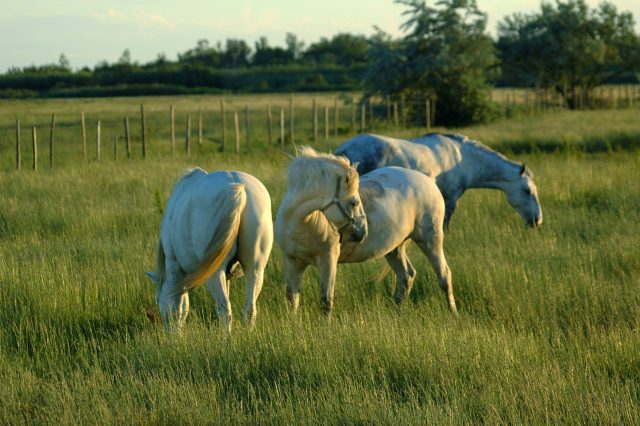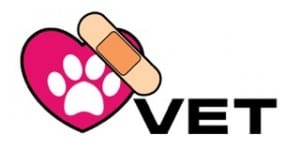Type the name of the breed you're looking for below
[wpdreams_ajaxsearchlite] Don't see the breed your're looking for? Click here and let us know!
Camargue horse
| Country Of Origin | France |
| History and Background | Some researchers believe the Camargue are descended from the ancient Solutré horse hunted during the Upper Paleolithic period. Extensive archeological evidence has been found in the present-day Burgundy region of France. The Camargue breed was appreciated by the Celtic and Roman invaders who entered the Iberian Peninsula. Their genealogy is closely tied with Iberian horses, especially those of the northern part of the peninsula. The original Spanish jaca was probably a cross between the Celtic pony and the Camargue. It was later improved by crosses with northern European horse types and ultimately with the southern peninsular horse, as the Moors spread their influence toward the Pyrenees. As a result, the Camargue genes probably penetrated the Americas through the influence of the jaca, the warhorse taken to new lands where hardiness was a requirement. Breeds such as the Chilean horse and Criollo show signs of some characteristics that are common in the Camargue breed. Camargue horses were used on a large scale during the construction of the Suez Canal in the 1860s. In 1976, to preserve the standards and purity of the breed, the French government set breed standards and started registering the main breeders of the Camargue horse. In 1978, they set up the breed stud book. To be registered, foals must be born out of doors and must be seen to suckle from a registered mare as proof of parentage. Foals born inside the defined Camargue region are registered sous berceau, while those born elsewhere are registered hors berceau ("outside the cradle" or "birthplace"). They have the heavy, square heads of primitive horses, but the influence of Arabian, Barb and Thoroughbred blood can also be seen. The guardians look after the horses, which are rounded up annually for health inspections, branding, and gelding of unsuitable stock. In England, the only breeding herd is at Valley Farm, in Wickham Market, near Woodbridge, Suffolk. Valley Farm is also the home of the British Camargue Horse Society, which represents the Camargue Breed in Britain by maintaining a stud book for British-bred Camargue Horses and registering ownership of Camargue Horses in Britain. |
| Use Today | Eventing horse, Competition horse, Show horse |
| Height | 13 to 14.1 hands high (52-56 inches, 133-142 centimeters) |
| Colour | Grey |
| Characteristics | Camargue horses are always gray. This means that they have black skin underlying a white hair coat as adult horses. They are born with a hair coat that is black or dark brown in colour, but as they grow to adulthood, their hair coat becomes ever more intermingled with white hairs until it is completely white. Despite their small size, they have the strength to carry grown adults. Considered rugged and intelligent, they have a short neck, deep chest, compact body, well-jointed, strong limbs and a full mane and tail. The head has many similarities to the Barb horse. It is often heavy, square and expressive, with bright, wide-set eyes, a straight profile, flat forehead and well-chiseled cheek bones. The ears are small, short, and set well apart. The forelock is full. The breed has a neck of medium length with an abundant mane. The chest is deep and wide, and the shoulder is powerful and muscular. The withers must be defined but not exaggerated. The Camargue horse has a medium length back, well-supported, and a slightly sloping full croup, well-muscled hindquarters, and a low set, full tail. The Camargue horse has long legs which are well proportioned, strong and resistant, with large knees and hocks. Their hooves are hard and tough, with soles that are large and wide, suited to its original marshy habitat. |
| Personality and Temperament | The Camargue horses have a calm temperament. They are agile creatures that have a lot of stamina. They are also intelligent and have good endurance levels. They are very attractive horses that are easy to train too. |



